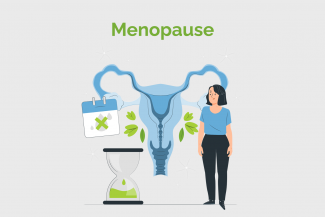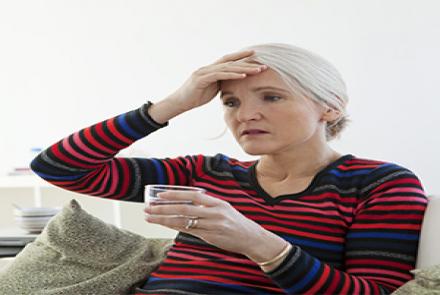Menopause is a natural process in the life of women. But a few women begin menopause at an age earlier than 40. This is called premature menopause or premature ovarian failure.
No two women have the same symptoms for menopause. Find out what works for managing the menopause symptoms

If you think you are having menopause (you have not had your period for 6 months), consult your doctor for confirmation of menopause diagnosis and to rule out other problems. Your doctor may suggest the following tests:
pH tests: During there productive age, the pH of the vagina is 4.5. At menopause it raises to about 6. For this test, a vaginal swab is taken and tested for pH values..
Blood tests: This can check the Follicular Stimulating Hormone(FSH) and oestrogen levels. FSH levels increase and oestrogen levels decrease at menopause.
Your doctor may also ask if you have unusual level of stress and any other symptoms of menopause.
Changed
19/Jun/2025
Community
Condition

















